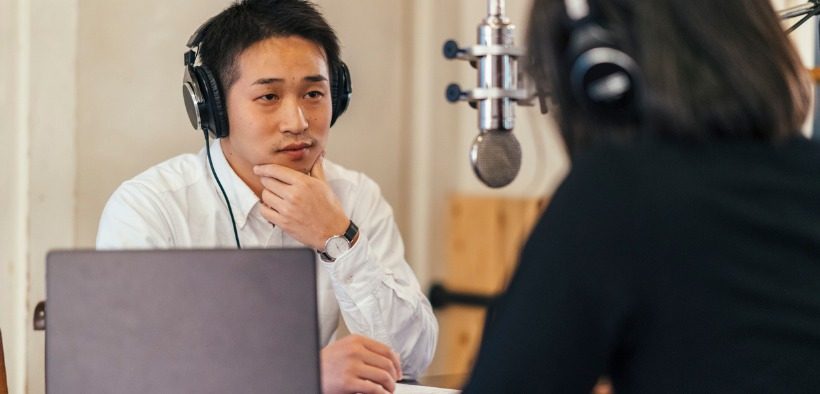In our polarized political climate, fuelled by dissension, misinformation, and echo chambers, there is no shortage of contentious issues. By “contentious,” we use Zimmerman and Robertson’s (2017) definition: an issue is contentious if it is (1) debatable and inconclusive among experts and (2) deeply important to members of the general public. Educators have the unique privilege and responsibility to ensure students are equipped to engage with these contentious topics. Many of these topics—cultural appropriation, prison reform, and systemic gender, race, and class biases—are culturally relevant and deeply meaningful to our students’ civic and professional lives.
Navigating Contentious Topics with Learner-Generated Podcasts

Related Articles
I have two loves: teaching and learning. Although I love them for different reasons, I’ve been passionate about...
Active learning is a mostly meaningless educational buzzword. It’s a feel-good, intuitively popular term that indicates concern for...
Perhaps the earliest introduction a student has with a course is the syllabus as it’s generally the first...
Generative AI allows instructors to create interactive, self-directed review activities for their courses. The beauty of these activities...
I’ve often felt that a teacher’s life is suspended, Janus-like, between past experiences and future hopes; it’s only...
I teach first-year writing at a small liberal arts college, and on the first day of class, I...
Proponents of rubrics champion them as a means of ensuring consistency in grading, not only between students within...







